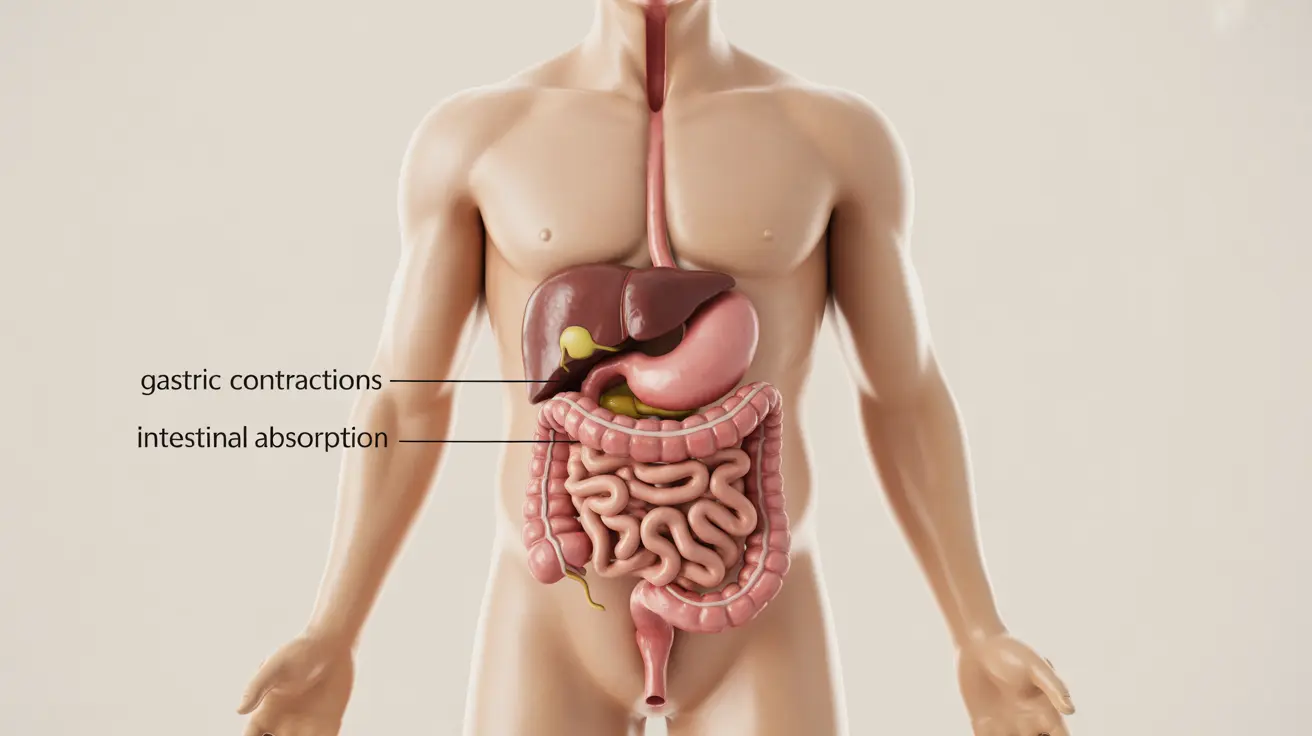Have you ever experienced your stomach making loud gurgling noises at inconvenient moments? These sounds, medically known as borborygmi, are a common occurrence that can range from perfectly normal digestive processes to potential signs of underlying health issues. Understanding why these noises happen and when they might signal a problem is essential for maintaining digestive health.
While some stomach sounds are a natural part of digestion, unusually loud or frequent gurgling accompanied by other symptoms may warrant attention. Let's explore the various causes, management strategies, and warning signs associated with stomach noises.
Normal Digestive Sounds vs. Concerning Symptoms
The digestive system naturally produces sounds as food, liquids, and gas move through the intestines. Normal borborygmi occur when:
- The digestive system moves food through the intestines
- Air bubbles travel through the digestive tract
- Stomach acid and enzymes break down food
- The intestines contract to process nutrients
However, certain patterns or accompanying symptoms may indicate an underlying issue:
- Excessive loudness or frequency
- Persistent pain or discomfort
- Bloating or distention
- Changes in bowel habits
- Unexplained weight loss
Common Causes of Loud Stomach Noises
Food-Related Causes
Many stomach gurgling noises are directly related to eating habits and food choices:
- Eating too quickly or talking while eating
- Consuming gas-producing foods
- Large portions of food
- High-fiber foods before the body adjusts
- Artificial sweeteners or sugar alcohols
Medical Conditions
Sometimes, loud stomach noises can be associated with various medical conditions:
- Irritable Bowel Syndrome (IBS)
- Food intolerances or allergies
- Celiac disease
- Inflammatory bowel disease
- Small intestinal bacterial overgrowth (SIBO)
The Impact of Stress and Anxiety
Mental health can significantly affect digestive function. Stress and anxiety can:
- Increase stomach acid production
- Alter digestive muscle contractions
- Affect appetite and eating patterns
- Worsen existing digestive conditions
- Create a cycle of worry about stomach noises
Management and Prevention Strategies
Several lifestyle modifications can help reduce excessive stomach noises:
- Eat smaller, more frequent meals
- Chew food thoroughly
- Avoid known trigger foods
- Stay hydrated
- Practice stress-reduction techniques
- Maintain regular eating schedules
When to Seek Medical Attention
Consult a healthcare provider if stomach noises are accompanied by:
- Severe or persistent abdominal pain
- Blood in stool
- Unexplained weight loss
- Chronic diarrhea or constipation
- Fever
- Persistent nausea or vomiting
Frequently Asked Questions
What are the common causes of loud gurgling noises in the stomach, and when should I worry about them?
Common causes include normal digestion, eating habits, and gas movement. Worry if noises are accompanied by severe pain, bleeding, or significant changes in bowel habits.
How can I manage and reduce stomach gurgling noises caused by eating certain foods?
Identify and avoid trigger foods, eat slower, chew thoroughly, and maintain regular meal times. Keep a food diary to track problematic foods.
Can anxiety or stress contribute to making my stomach make more noise, and how can I manage this?
Yes, stress and anxiety can increase stomach noises through altered digestion. Management includes relaxation techniques, regular exercise, and possibly working with a mental health professional.
What are the differences between normal stomach digestion noises and those that might indicate a gastrointestinal disorder?
Normal sounds are intermittent and generally painless. Concerning sounds are usually louder, more frequent, and accompanied by pain, bloating, or changes in bowel habits.
When should I seek immediate medical attention if I have loud stomach noises accompanied by other symptoms like pain or bloating?
Seek immediate care if you experience severe abdominal pain, bloody stools, high fever, persistent vomiting, or severe dehydration alongside stomach noises.




